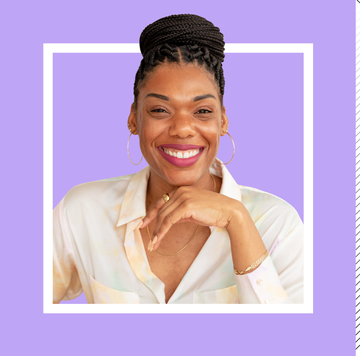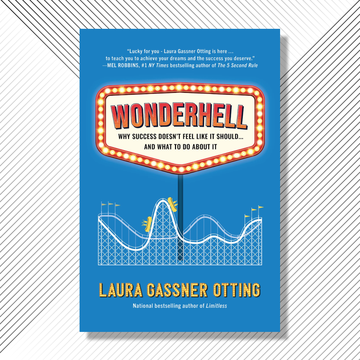We asked three psychologists to share some of the questions their clients have responded to most. Charmain Jackman, PhD, is the founder InnoPsych, a Boston-based organization that helps people of color match with a therapist of color; Jenny Wang, PhD, is a former Duke University School of Medicine department of psychiatry and behavioral sciences assistant professor, now in private practice in Houston; and Diana Naranjo, PhD, is a professor of pediatrics at Stanford University with a private practice in San Francisco. We also asked them to share a few of the more memorable questions they’ve been asked by clients. Here’s what they said.
Questions these therapists ask at key moments
Whose hypercritical voice is that in your head?
“It’s usually not your own,” says Wang. So is it your dad’s, your mom’s, an old coach’s? Figuring that out can help.
When does this problem you have not exist, and what’s different about those times?
“This question helps shift the focus from problems to solutions,” says Jackman.
More From Oprah Daily

What do you want more of?
“This is not a way to get clients to focus on the positive,” says Naranjo. “It’s a way to shift them away from the feelings toward action.”
What do you feel isn’t working in therapy?
“I ask the question again about three or four months in, then on annual basis, if it’s long-term,” says Naranjo. “It lets me know if I need to be more or less directive or if we should try a different approach or really dig in.”
What are strategies or skills you have learned here that will help you respond to future obstacles?
“I am goals-oriented—at some point we are going to wrap up,” says Naranjo. “I want patients to have a tool box to take with them.” This question helps clients see that the skills they’ve learned are transferable from a problem they’ve solved to things that will come up.
Questions these therapists have been asked by clients
What are additional areas we haven’t gotten into that you think we should?
“Some clients have patterns in which they are focused on pleasing or proving their work to others,” says Wang. “If this is a part of their relationship pattern, then we need to explore [if and when] the client feels as though they need to work really hard to be seen or valued by the therapist.”
Why are we talking about this particular topic?
This is an opportunity to look at the original assessment and how—or if—the current topic they’re discussing in therapy is relevant, says Naranjo. It’s also an opportunity for a client to change or adjust their goals.
What kind of work have you done to confront your own biases?
“If the therapist has not done the work to become aware of and confront their own biases, this can potentially harm the client,” Wang says. “So as a client, I would be interested in hearing about the work the therapist has done and examples of how it has impacted or changed their therapy practice.”
How do I talk to you if I feel like therapy isn’t working?
“In our culture of politeness, it can feel adversarial to bring this up with the person who is trying to help you,” says Jackman. Clients often need to know that it’s not only okay to bring up but will help their therapy by better focusing it.
How do you view my progress?
“When a client asks this question, we actually explore the motivation that prompted the question,” says Wang.
How will I know it’s time to end therapy?
“Many portrayals of therapy can give the sense that it goes on forever,” says Jackman. “That is why it is so important to talk with clients about goals and evaluate progress.”
Amanda Robb is a Newhouse Mirror Award-winning New York-based journalist, who recently produced season seven of the podcast Someone Knows Something.












